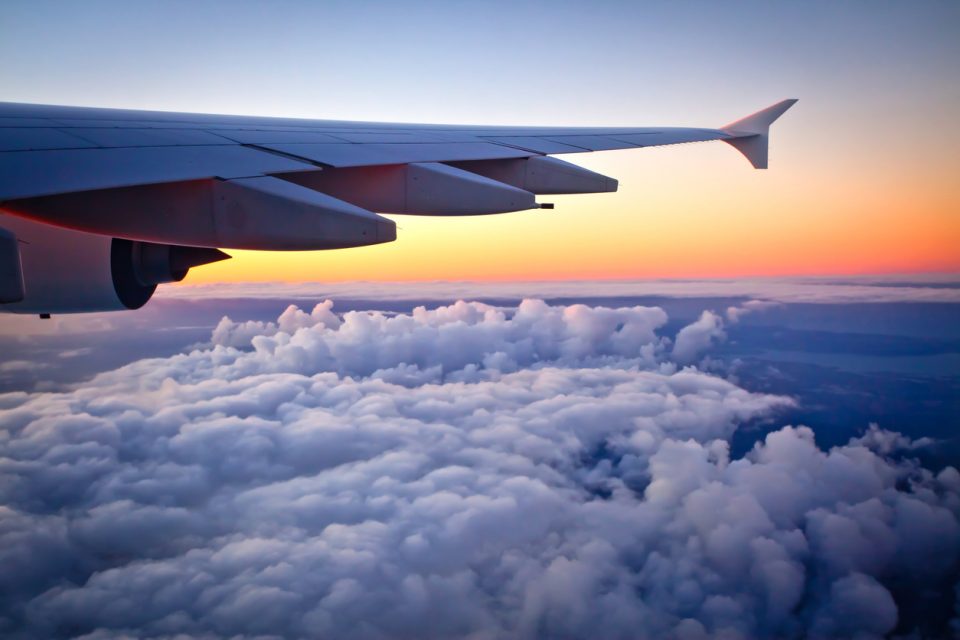The new generation of Airbus’ popular A330 jetliner family is ready for its maiden flight this week. The A330neo features extensive technology transfers from the A350XWB, including new engines, wings, and systems as well as the signature Airspace cabin. These new features will provide significantly enhanced operating efficiency for airlines, and comfort for passengers as well as impeccable environmental characteristics.
Slated for take-off from Toulouse-Blagnac Airport in southwestern France – home to the A330 final assembly line – the initial aircraft is one of three jetliners earmarked for flight tests and certification of Airbus’ two A330neo variants: the A330-900, and the smaller A330-800.
A330neo attributes: advanced technology, maturity, and commonality
The A330neo integrates many of the technological advances of the A350 XWB while building upon the popularity and maturity of Airbus’ A330 airliner family (the world’s most-flown widebody aircraft series: more than 1,360 jetliners delivered; in-service operational reliability of 99.5 percent).
Key features of A330neo new generation technology include Rolls-Royce’s new Trent 7000 turbofan engines, themselves incorporating technology from the Trent XWB that power the A350 and new high-span wings incorporating optimised aerodynamics with new composite Sharklets. The result is new generation efficiency, with the A330neo offering 25% lower fuel burn than previous generation competitors.
In keeping with the Airbus philosophy of commonality across its product lines, pilots will be able to fly the A330neo, A350 XWB and A330 with one single license.
Performing this week’s maiden flight will be an A330-900 variant, to be joined by one more A330-900 and one A330-800 version. Altogether, they are to accumulate some 1,400 hours of flight time, validating their handling characteristics, system operations, engine performance, cabin functionality and compatibility on airline-type routes.
The A330-900 is planned to receive type certification and enter service with TAP Portugal as the initial airline operator by mid-2018.

